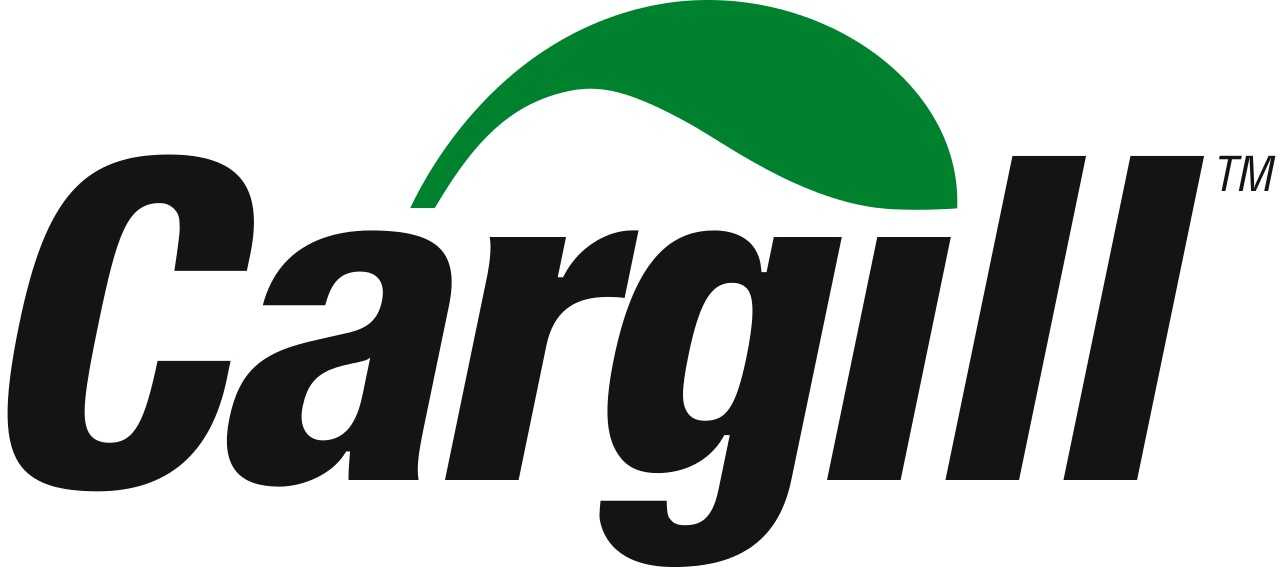SCHIPHOL, The Netherlands – Cargill is committed to a transparent and sustainable supply of cocoa, which includes improving the lives of farmers and their communities in the five origin countries from where it directly sources cocoa – Brazil, Cameroon, Côte d’Ivoire, Ghana and Indonesia. The highlights of our latest efforts and the progress we’ve made are captured in the Cargill Cocoa & Chocolate 2018-2019 Sustainability Progress Report.
”This sustainability progress report highlights how Cargill uses technology to connect every dot in the cocoa supply chain. Maximum transparency in the cocoa sector is critical for making real progress on sustainability. It not only helps cocoa farmers, their families and communities prosper, but also helps protect our planet. I am confident that working with our partners we can continue to make great strides in achieving a thriving cocoa sector,” said Harold Poelma, president of Cargill Cocoa & Chocolate.
Through the Cargill Cocoa Promise, Cargill is realizing the opportunities offered by technologies, such as mobile money, GPS mapping and digital data collection, which allow for greater transparency on how cocoa is grown and sourced from farmers.
Key milestones from 2018-2019 include:
- With the use of barcoded cocoa bags and digital Cooperative Management Systems (CMS), 50 percent of sustainable cocoa beans in the global direct supply chain are now traceable from farm-to-factory. In 2018-2019, 151,190 metric tons of cocoa beans were tracked. The CMS enables farmers organizations to manage loans, collect beans and check fixed versus variable costs. Also, starting in 2018-2019, all farmer organizations in the direct sourcing network in Ghana and Côte d’Ivoire are now visible through an interactive Cargill Cocoa Promise Sourcing Partner Network map. Each of these farmer organizations benefit from Cargill Cocoa Promise programs.
- Implementation of child labor monitoring and remediation systems (CLMRS) to address child labor has significantly increased. In addition to Côte d’Ivoire, Cargill also deploys CLMRS now in Ghana and Cameroon, reaching a total of 58,800 farmers in 2018-2019. This extends the reach from 7 percent to 29 percent of the total number of farms in the direct supply chain. In 2018-2019, Cargill also conducted a needs assessment for programs to address child labor in cocoa growing communities in Indonesia; a localized approach to CLRMS will follow in 2020.
- GPS polygon mapping of 72 percent of all farmers in the direct supply chain, representing over 400,000 hectares of farmland, was completed. Cargill is well on its way to identify where the cocoa comes from, which areas may be at risk of deforestation and how to mitigate this risk through specific interventions.
Digital tools are providing cooperatives and cocoa farmers with information, such as digital farm development plans and market insights, to help improve their farming practices. In addition, the digital tools serve as a means to communicate with farmers during a crisis, such as the coronavirus pandemic. Cargill’s digital farming tool is amplifying government safety and sanitation messages to help curb the spread of the virus in farming communities. Voice messaging is also used to reach ten thousand farmers with this information in a variety of local languages.
Cargill sees digitization driving change across the entire cocoa supply chain. Utilizing the valuable information that is collected will inform on how to achieve the best impact on the ground. For this we developed an extensive data platform that has more than 300 data points along the supply chain. We also use this data to inform customers through an interactive customer portal about how collaborative sustainability programs are benefiting farmers and their communities.
Cargill’s journey to a more sustainable, digitally-enabled cocoa supply chain is ongoing. As technology evolves, so do their digital capabilities, which has opened doors to new opportunities and services to bring lasting value to farmers, communities and the environment.










